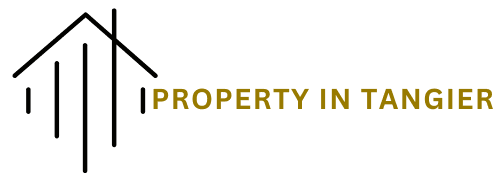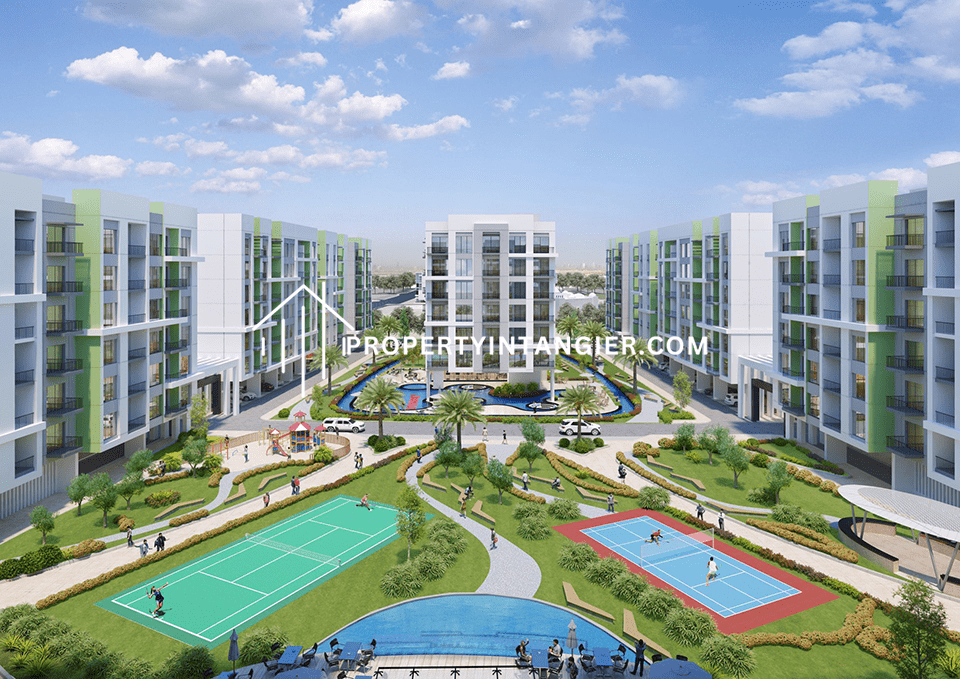A Guide to Property Ownership for Non-Moroccan Citizens
Morocco, a beautiful country with a rich cultural heritage and diverse landscapes, has been attracting foreigners seeking to invest in its real estate market. However, before taking the plunge, it is crucial to understand the regulations and restrictions surrounding property ownership for non-Moroccan citizens. In this article, we will delve into the topic, providing you with useful information backed by reliable sources.
Legal Framework and Regulations:
In Morocco, the legal system generally allows foreigners to purchase property, promoting an open and inclusive investment environment. However, it is essential to be aware of the specific rules and limitations that may apply.
According to the Moroccan Ministry of Interior, non-Moroccan buyers must obtain authorization before acquiring property in the country. This process ensures compliance with legal requirements and verifies the buyer’s eligibility. The authorization process acts as a safeguard, protecting both the interests of the foreign buyer and the Moroccan government.
Reciprocity is a fundamental principle governing property ownership in Morocco. Foreigners seeking to buy property must come from a country that allows Moroccan citizens to purchase property in their own country. This reciprocal arrangement ensures equal treatment between citizens of different nations.
Regional Restrictions:
While property ownership is generally accessible to foreigners, some regions may impose additional restrictions on non-Moroccan buyers. These limitations primarily apply to areas near borders or coastal regions. The intention is to safeguard national security and preserve the cultural heritage of these specific areas.
For a comprehensive understanding of the regional restrictions in Morocco, it is advisable to consult local authorities or seek advice from experienced legal professionals. They can provide up-to-date information tailored to your specific circumstances.
Agricultural Land:
One notable restriction concerns agricultural land. In most cases, non-Moroccan citizens are prohibited from acquiring agricultural properties in Morocco. This restriction is in place to protect the country’s agricultural sector and ensure its sustainability.
It is worth noting that there are exceptions to this rule. In specific cases where the acquisition of agricultural land serves the interests of the country, non-Moroccan citizens may be permitted to purchase such properties. However, these exceptions are subject to thorough scrutiny and require approval from relevant authorities.
To ensure accurate and up-to-date information regarding property ownership in Morocco, it is recommended to refer to official sources and reputable websites. Here are a few helpful resources:
- Moroccan Ministry of Interior: The official website of the Moroccan Ministry of Interior provides valuable insights into the legal framework governing property ownership. (Website: www.maroc.ma/en
- Embassy of Morocco: The embassy’s website, such as the embassy of your country in Morocco, may offer guidance and information on regulations applicable to foreign property buyers. (Example: www.usa.ma/embassy)
- Legal Professionals: Consulting with local lawyers or legal experts specializing in Moroccan property laws can offer personalized advice and guidance tailored to your specific needs and circumstances.
Conclusion:
Morocco’s property market is open to foreign buyers, allowing them to invest in this captivating country. However, it is crucial to navigate the legal framework and regulations surrounding property ownership as a non-Moroccan citizen. By understanding the principles of reciprocity, the regional restrictions, and the limitations regarding agricultural land, you can make informed decisions and ensure a smooth and lawful property acquisition process.
Explore the top-notch apartments, exquisite riads, lucrative commercial properties, and prime land opportunities in Morocco, available for foreign ownership!







One Comment
Is Buying Property in Morocco a Safe Investment? -
[…] for being an open and welcoming nation. The government has implemented reforms to attract foreign investment and promote economic growth, making Morocco an appealing destination for property […]